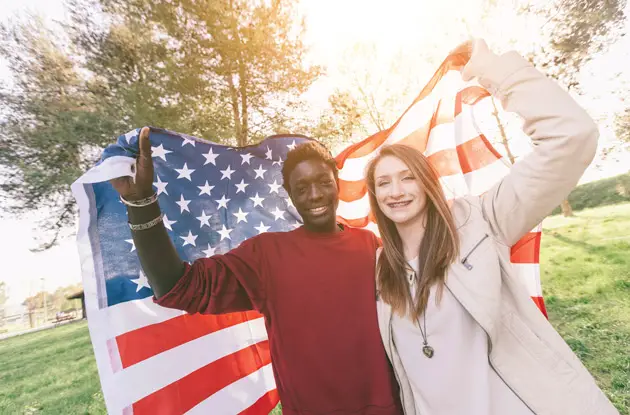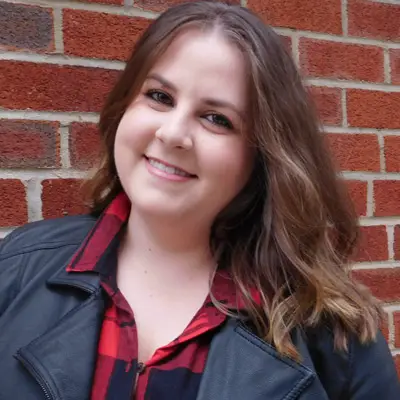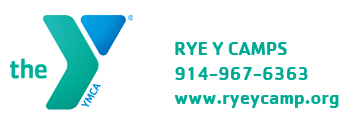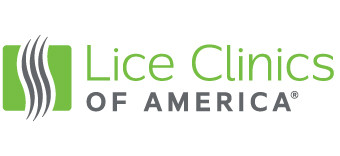
5 Ways to Get Tweens and Teens Politically Active
How to encourage your children to participate in democracy
Get kid-friendly activities sent to you!
Get the Best Family Activities
Tweens and teens can read denser books, such as biographies about presidents, nonfiction works about history, or any of the number of recently released books about the current political environment.
Take them with you, Beephan suggests.
If your kids are 18, carpool to the polls on Election Day, and if they’re not yet old enough to vote, they can still see democracy in action. Considering attending a march or rally for an issue you feel passionately about? Bring your kids along (even if they’re young) and explain what you’re marching for, why you’re marching, and how it makes you feel to participate. After all, modeling a behavior for your children is the best way to instill it.
Watch the news together and talk about it.
Kuntz and Beephan both suggest you start doing this when your kids are in elementary school. You should “really explain to them why [following current events] is important, what’s going on, and try to inform them at a very early age about the real facts behind each story and what’s going on in the media and government itself,” Beephan advises.
You can do the same with newspapers or credible online news sites. After all, encouraging an interest in following the news and current events fosters a curious intellectual mindset in children, Kuntz adds. And if listening is more your family’s style, there are a host of political and current event podcasts available.
Encourage your teen to pursue an internship.
“If you’re in high school, you’re at an age where you can take internships at the state senate, state assembly, or congressional offices, or even help out at the local town level,” Beephan says.
Kuntz, who is a member of his district’s congressional youth cabinet, aims to make finding an internship in politics easy for teens: “I’m very interested in politics myself, and when I was looking for opportunities to get involved in politics—volunteer opportunities and internships specifically—I didn’t find any place where the information was centralized,” he says. “The only way that somebody my age would be able to find those opportunities would be to look at individual members of the city council or state assembly or state senate.”
“You can also get involved with the political party when you’re in high school, more so you could even actively participate in campaigns,” Beephan adds. If your teen knows which party she identifies with, encourage her to research internship opportunities with the New York Democratic or Republican national committees.
Volunteer for a campaign together.
If you’re introducing your younger children to politics or you and your teen agree on a party or candidate, find opportunities to put your boots to the ground. Canvas neighborhoods and knock on doors to talk to other voters or sign up for a shift to make calls for a candidate.
In fact, Beephan says high school students have become more and more involved in campaigns. “It actually makes a difference because, when you’re at the door, people notice when a kid takes an interest in an issue, and it kind of makes them think twice. They question: aren’t you a little too young to be at the door?” he says. “But when a kid actually justifies why they’re there, why they’re doing what they’re doing, it kind of reinvigorates the person to pay more attention to what’s going on. I think kids sometimes underestimate the impact they have in the political realm, even if they can’t vote.”
Toe the Line
When encouraging an interest in politics, remember to let your teens form their own opinions. “I think it’s vital for the parent to not force their opinions on their kids,” Beephan says. “Trust that your kids are able to make a conscious decision on which side of the aisle they’d like to sit on certain issues.” Urge your teens to read opposing views of the same issue so they can figure out their own opinions.
And if your teen aligns with a different political party than you? “I think it’s actually a good thing because being in an environment where your views are being questioned strengthens your own opinions and forces you to reconsider things with a more critical lens,” Kuntz says—a perfect opportunity to bolster your teen before he heads out into the world on his own.









